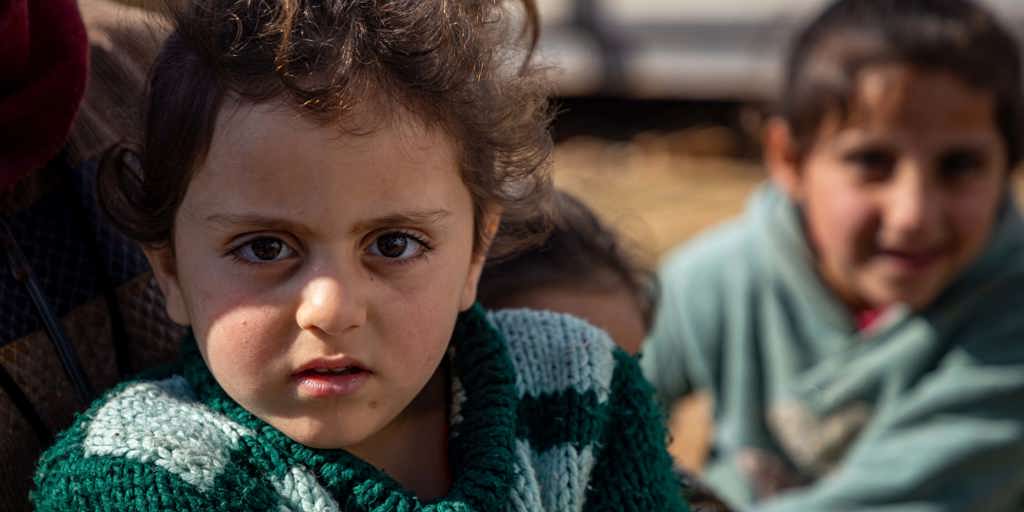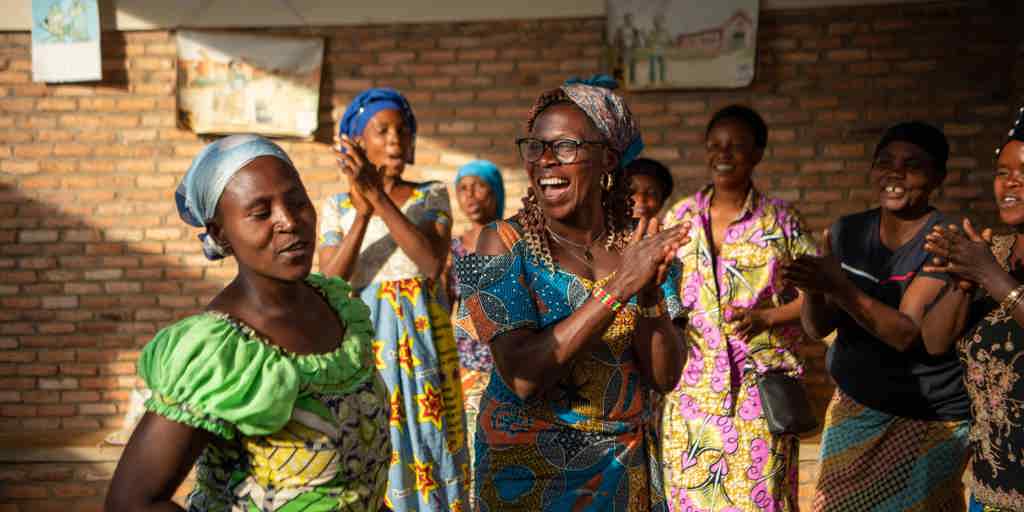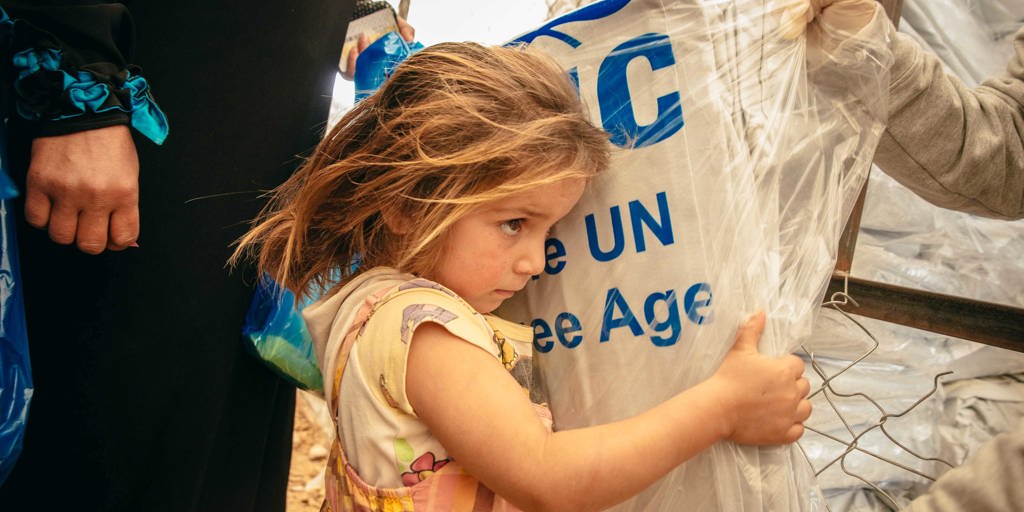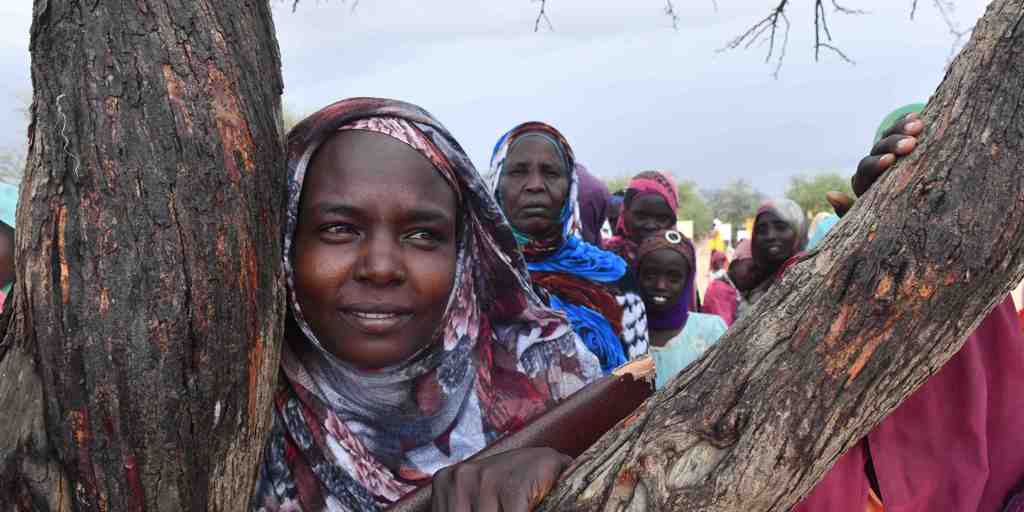Sudan’s war, which began in April 2023, has escalated into the world’s largest protection and displacement crisis. Nearly 13 million people have been forced to flee their homes, either within Sudan or to neighbouring countries such as Chad, Egypt and South Sudan.
Violence is continuing in Darfur and elsewhere, with attacks on displacement camps putting already vulnerable families at even greater risk. Communities are facing severe hunger, with famine confirmed in Zamzam, Abu Shouk and Al Salam. Many have lost everything and are now struggling to survive without basic necessities.
Key figures: The human cost of war
The numbers tell a heartbreaking story.
- 1 in 3 Sudanese have been displaced by the conflict
- Over 3 million people have fled to neighbouring countries
- Sudan accounts for 1 in 6 internally displaced people worldwide
- 1 in 13 refugees globally is from Sudan
The impact of funding cuts
As Sudan’s crisis deepens, humanitarian aid funding is under threat. Aid organisations are facing funding shortages, putting millions of refugees at risk of losing the life-saving support they urgently need.
This is devastating for the people of Sudan who are already facing famine, malnutrition and extreme violence.
“Brutal funding cuts in the humanitarian sector are putting millions of lives at risk,” said Filippo Grandi, UN High Commissioner for Refugees. “The cost of inaction will be measured in suffering, instability, and lost futures.”
These funding cuts are already affecting emergency assistance on the ground. The consequences include:
- Less access to clean water and sanitation, putting over 530,000 people at risk of disease
- Fewer protection services for women and girls who have survived sexual violence
- Reduced access to education, leaving refugee children vulnerable to child labour, early marriage and trafficking
- Fewer shelters, forcing families to live in overcrowded and unsafe conditions
Lost futures in Chad
The funding crisis is having devastating effects on Sudanese refugees in Chad. Essential services are shutting down and leaving people without access to the most basic forms of support.
Without enough funding:
- A maternity ward has closed, forcing women to give birth at home without medical care.
- Schools are closing, with more than 8,500 children expected to lose access to secondary education this year as teacher salaries go unpaid. Another 155,000 refugee children could be out of school by next year.
Chad hosts 1.3 million people who have fled their homes, including 760,000 from Sudan. Most are women and children, arriving in a country already struggling with conflict, poverty and natural disaster.















 Sudan
Sudan

